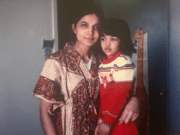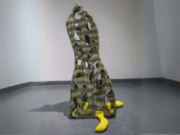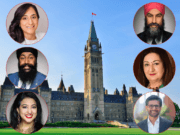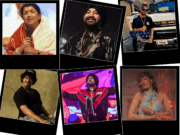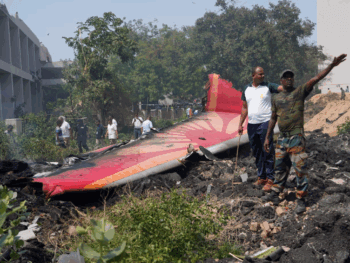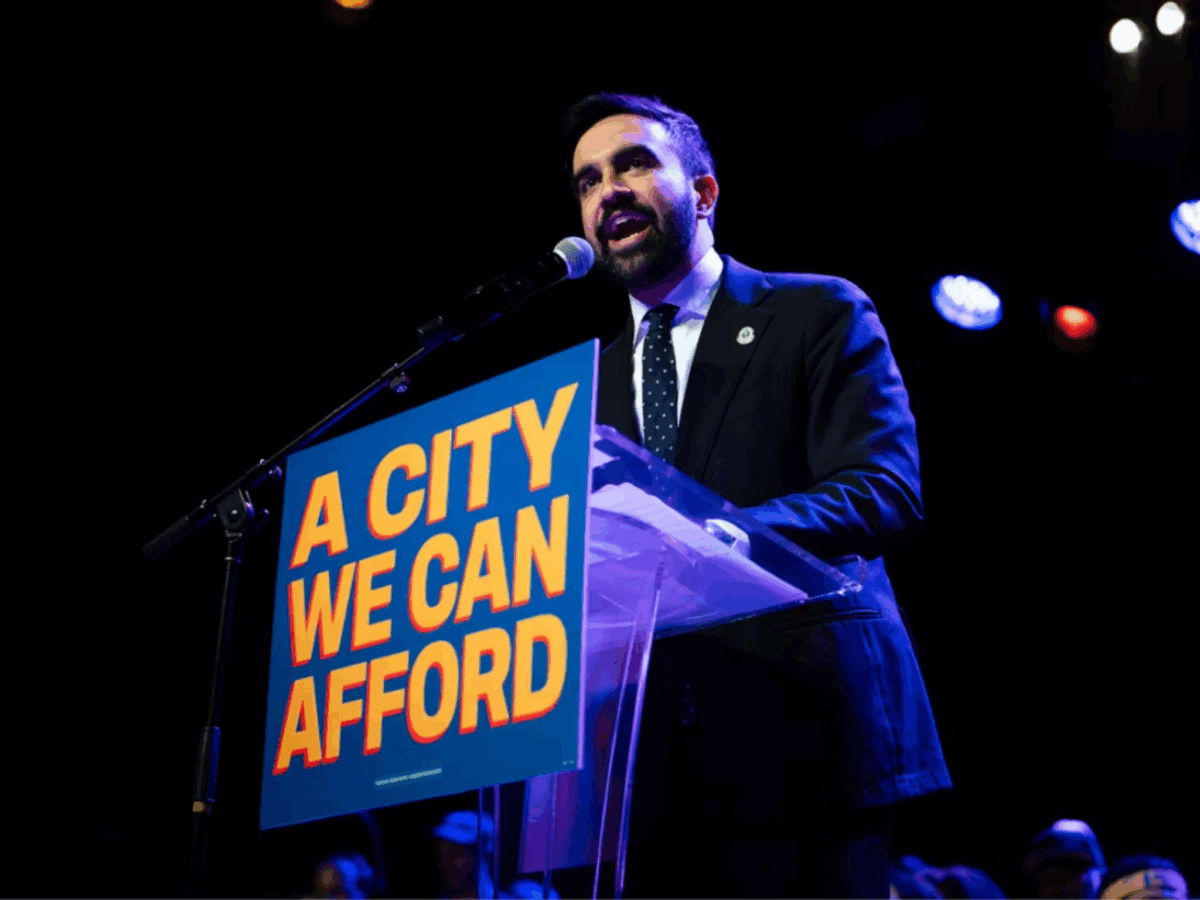
The Zohran Mamdani Era: A South Asian, Muslim Socialist Challenging New York’s Political Status Quo
Current News Jun 25, 2025
Last night, Zohran Mamdani, a 33-year-old state assembly member and self-described democratic socialist, claimed a stunning victory in the New York City Democratic mayoral primary – defeating former Governor Andrew Cuomo by a margin of about seven points (43.5% to Cuomo’s 36.4%). Cuomo conceded, acknowledging that “Tonight was Assemblyman Mamdani’s night.”
Who Is Zohran Mamdani?
Zohran Kwame Mamdani is a Ugandan-born, Indian-heritage community organizer, housing advocate, and politician who has steadily built his reputation as a bold voice for working-class New Yorkers. Born to renowned academic Mahmood Mamdani and celebrated filmmaker Mira Nair, Mamdani immigrated to the U.S. as a child and grew up in New York City.
Before entering politics, he worked as a foreclosure prevention counselor in Queens and became deeply involved in grassroots movements, including housing justice and transit accessibility campaigns. In 2020, he was elected to the New York State Assembly representing District 36 (Astoria, Queens), running on a platform that prioritized tenants’ rights, police reform, and universal public transit.
Throughout his tenure, Mamdani aligned closely with the Democratic Socialists of America (DSA) and quickly gained recognition for his unapologetically progressive stances. His ability to connect with immigrant, working-class, and youth voters powered his historic mayoral primary win – setting him on the path to potentially becoming NYC’s first Muslim, South Asian, and millennial mayor.
What Were These Elections?
The race Mamdani just won was the New York City Democratic Mayoral Primary, a pivotal contest that effectively determines the next mayor in a city where Democrats outnumber Republicans by more than six to one.
In this primary, Mamdani faced off against political heavyweight Andrew Cuomo, among others, in a tightly contested, ranked-choice voting system that required candidates to build broad coalitions beyond their core supporters. His victory marks not only a personal milestone but a significant shift in the city’s political landscape – challenging the dominance of centrist Democrats and signaling the rising power of grassroots, progressive coalitions.
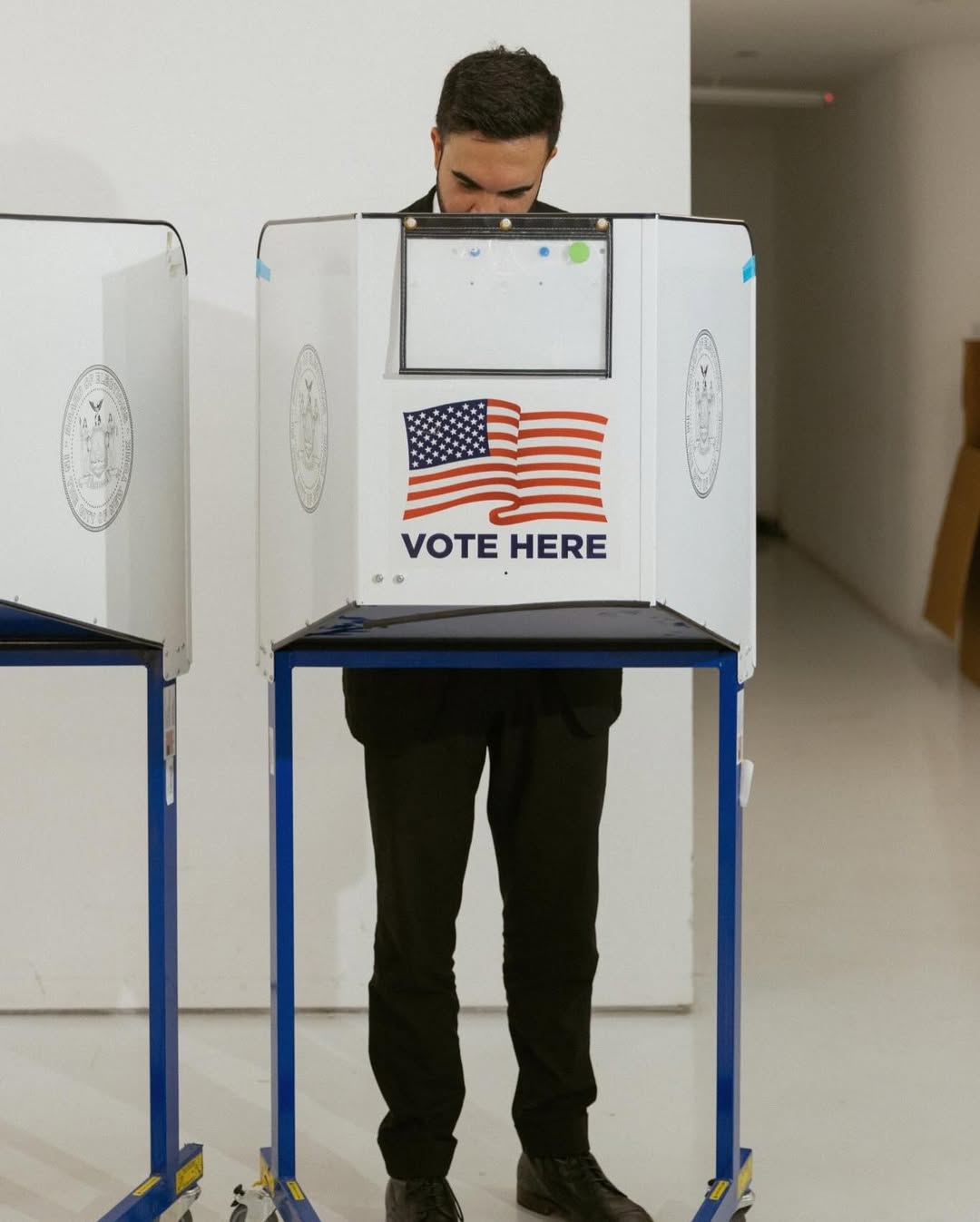
What Does It Mean?
A Democratic Socialist Front-Runner: Mamdani is now the Democratic Party’s official nominee heading into the November general election. In NYC, winning the Democratic primary typically positions a candidate as the overwhelming favorite.
The End of Centrist Control?
His win is widely seen as a repudiation of establishment figures like Eric Adams and Andrew Cuomo, and a mandate for policies focused on housing, public transit, and economic redistribution.
Redefining the Party’s Base:
His victory suggests that the energy of the city’s political left – particularly among young people, immigrant communities, and working-class voters – is no longer confined to small pockets but is now capable of reshaping city-wide outcomes.
Where Does It Lead?
Mamdani will now face Republican Curtis Sliwa, independent incumbent Eric Adams, and potentially Andrew Cuomo if he pursues a third-party run in the November general election.
While New York City’s deep blue electorate makes Mamdani the favorite, he will need to:
- Broaden his appeal to moderates and older voters who may fear rapid systemic change.
- Defend his platform against fierce attacks from Adams, Sliwa, and conservative national figures who frame his policies as unrealistic.
- Translate his bold ideas into actionable governance plans that can weather fiscal scrutiny.
If victorious in November, Mamdani would not just make history – he would likely become the most prominent socialist mayor in modern America and a defining figure in the next chapter of New York City’s political evolution
Public Reaction & Grassroots Momentum
Zohran Mamdani’s victory sparked a political earthquake across New York City, sending a shockwave of excitement through progressive circles.
Supporters from all five boroughs, diverse in age, ethnicity, and background, celebrated it as a people-powered breakthrough, with social media erupting in memes and viral posts that praised his grassroots authenticity and his promise to shake up the status quo. At the same time, moderates and centrists expressed concern about the feasibility of his bold policies, while the financial district buzzed with alarm, viewing his platform – taxing the rich, freezing rent‑stabilized housing, and introducing free buses – as a direct threat to their interests.
His win also triggered racist, xenophobic, and Islamophobic backlash from right-wing circles and online forums, where conspiracy theories and anti-immigrant rhetoric circulated alongside Islamophobic slurs. Many apolitical or skeptical New Yorkers remain in a wait-and-see mode, curious whether Mamdani can move from bold promises to effective governance.
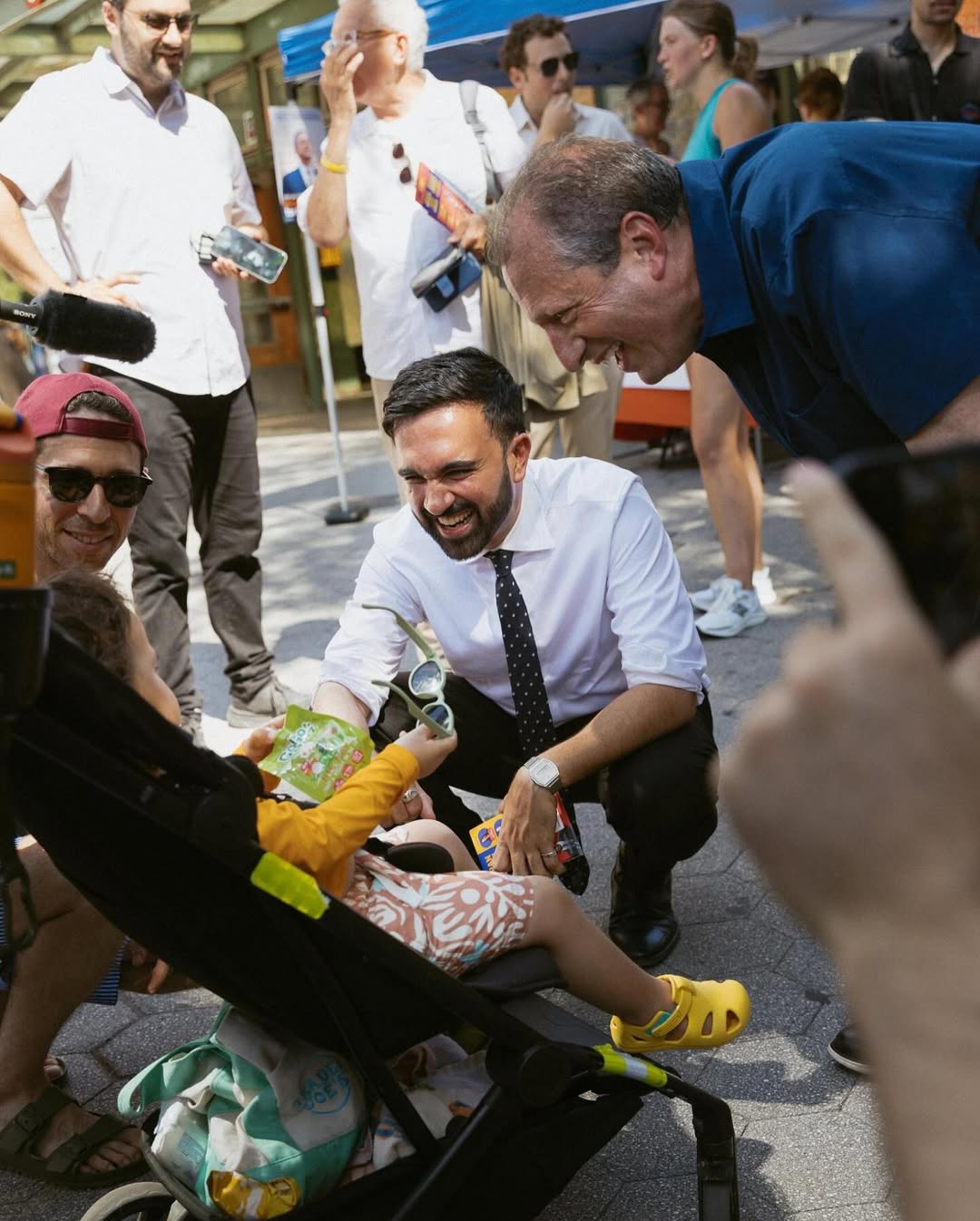
Reactions From Government Officials
Andrew Cuomo conceded graciously: “He inspired [New Yorkers] and moved them,” vouching for the quality of his campaign. However he also added, “Experience, competence, knowing how to do the job, knowing how to deal with Trump, knowing how to deal with Washington, knowing how to deal with the state legislature, these are basics. I believe in on-the-job training, but not as the mayor of New York.”
Congresswoman Alexandria Ocasio-Cortez (AOC) and Senator Bernie Sanders, both endorsers, applauded his win as a victory for progressive politics and the power of grassroots organizing.
Governor Kathy Hochul and Senate Majority Leader Chuck Schumer offered cautious congratulations, signaling the need for party unity moving forward.
Mayor Eric Adams, now running as an independent, harshly criticized Mamdani on Fox News, warning voters he’s a “snake oil salesman,” arguing his platform lacks substance.
Stephen Miller, representing conservative reaction, blamed unchecked immigration for Mamdani’s rise, invoking “great replacement” rhetoric and calling Mamdani an “anarchist-socialist”.
Senator Ted Cruz: “To all my friends in New York who are not communists; Come to Texas! We love freedom & we’re not nuts”
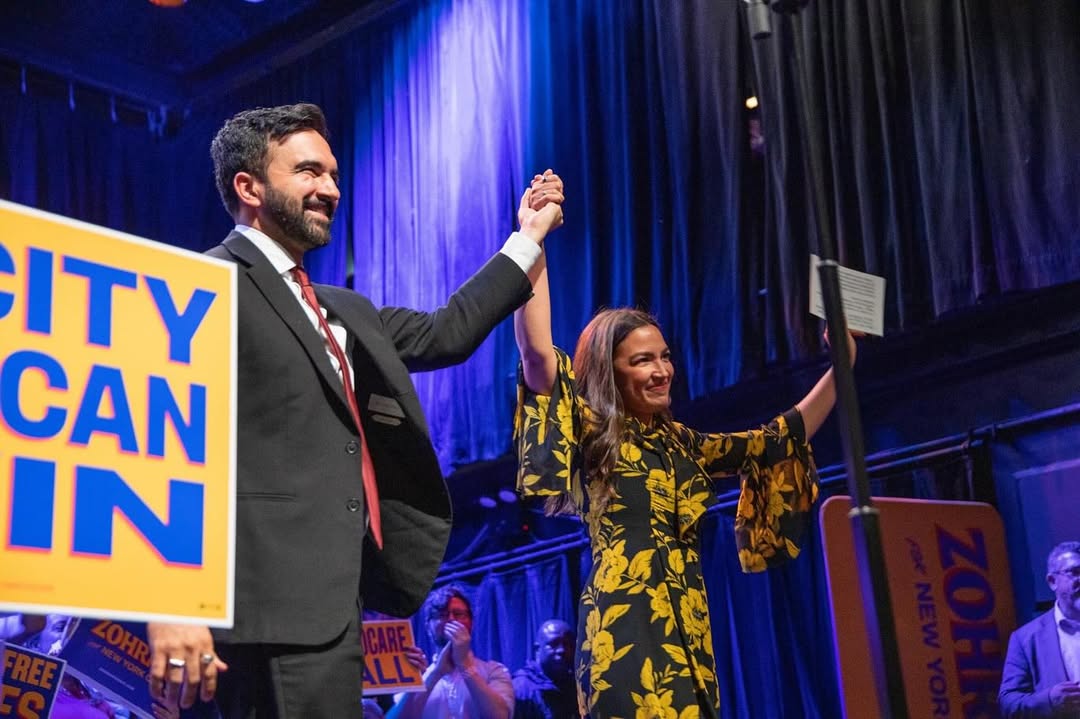
What This Win Means
First‑ever Muslim mayor? If he prevails in November, Mamdani would break significant barriers as NYC’s first Muslim, South Asian, and millennial mayor, and one of the most prominent democratic socialists to lead a major U.S. city.
A turning point for the left: Political observers declared his victory a “seismic moment” for progressive politics and a strong rebuke of establishment Democrats.
Ranked‑choice voting’s impact: Mamdani’s lead wasn’t just from first-preference votes. Through ranked-choice ballots, he absorbed support from eliminated candidates like Brad Lander – highlighting his skill in coalition‑building.
The Road Ahead
Certification Countdown
Final vote counts pose no serious threat to his lead. Cuomo’s concession gives Mamdani a headstart toward general election campaigning.
General Election Showdown
November’s race will feature incumbent Eric Adams (independent), Republican Curtis Sliwa, and possibly Cuomo as a third-party challenger. Although NYC is a Democratic stronghold, moderate voters may consolidate to counter Mamdani’s progressive momentum.
Winning Broader Support
Mamdani’s challenge now is to expand his appeal beyond his core base. He’s openly acknowledged the need to better connect with Black and older voters, especially those loyal to centrist leaders.
From Vision to Execution
Key promises, like free buses, rent freezes, and municipal grocery stores, will face scrutiny over their feasibility. Passing his agenda will depend on working with a complex City Council and overcoming institutional resistance.
Parting Thoughts
Zohran Mamdani’s primary victory is more than just a political win – it’s a cultural moment. It signals New York City’s appetite for bold, systemic change and elevates voices that have long been on the margins of mainstream politics.














